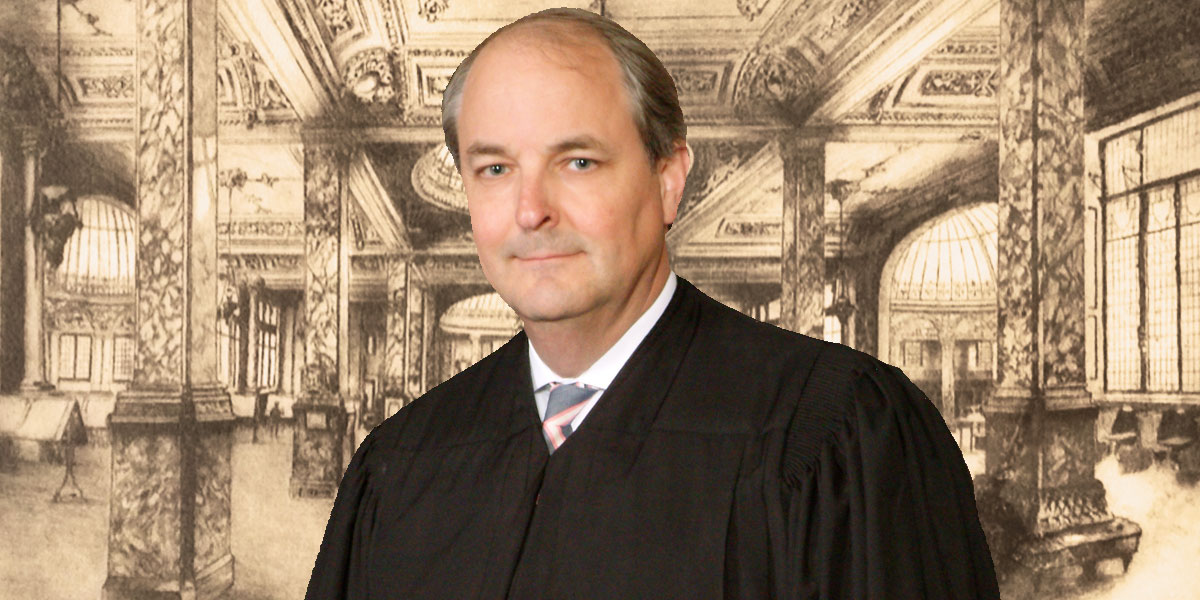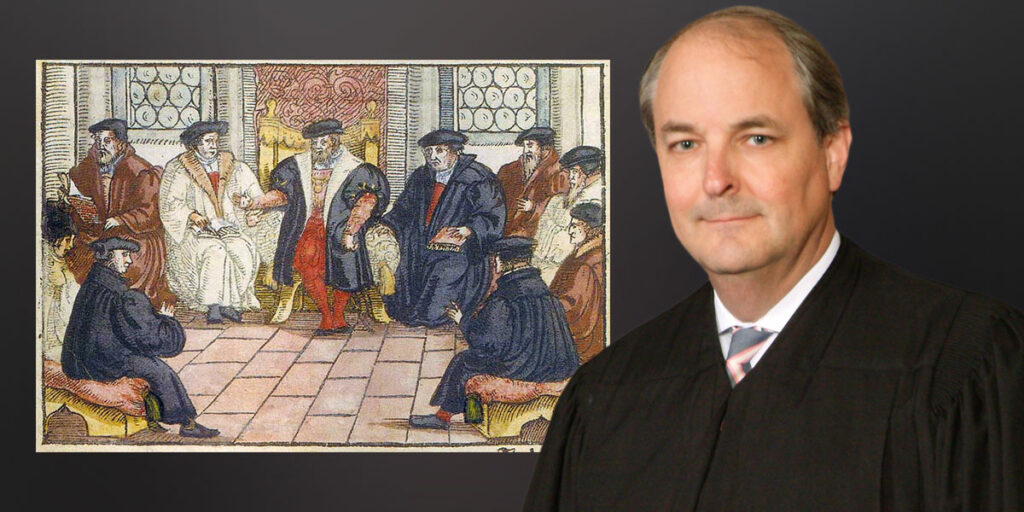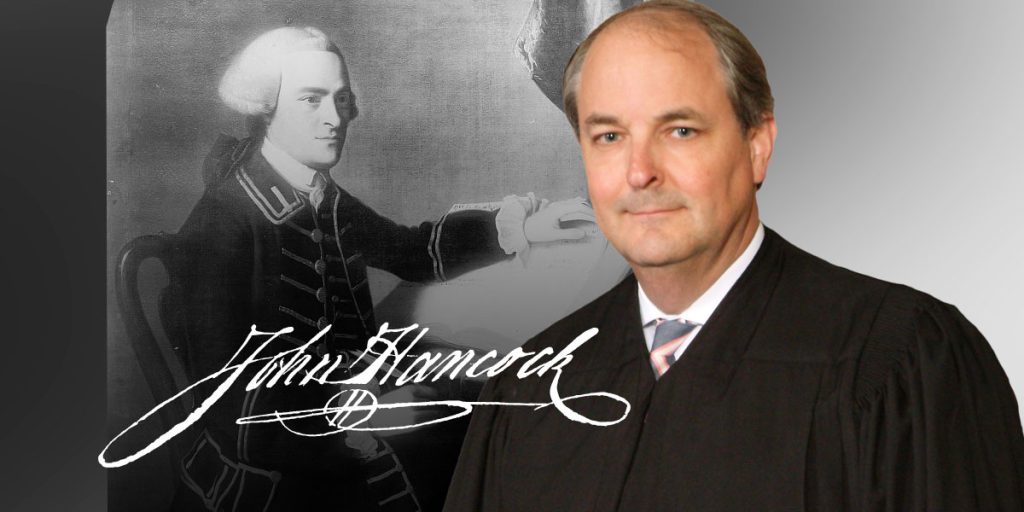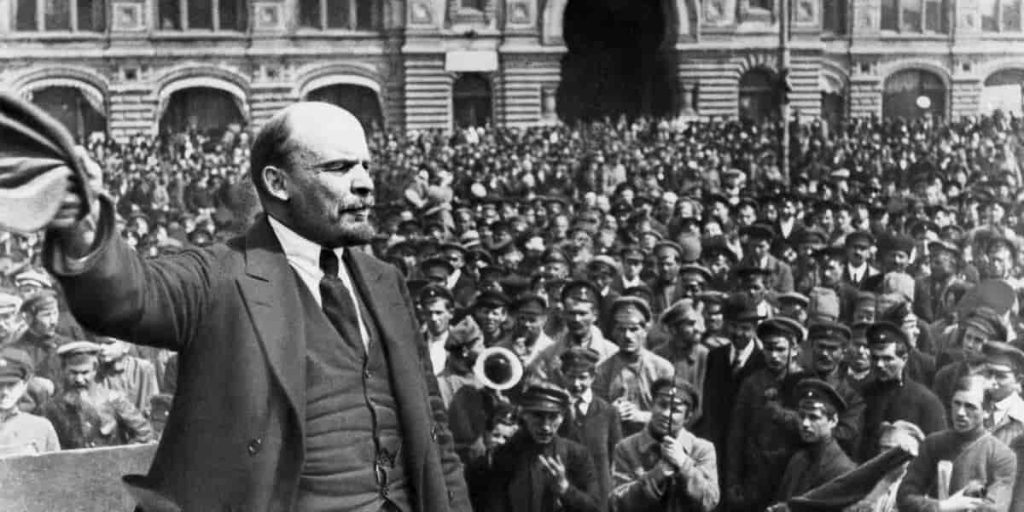Trading in commodities, which are ingredients or components of finished goods, is the focus of global commerce. Information about commodities, their availability, and the impact of events that create scarcity, affects both current and future prices.
Two hundred years ago, one significant commodity was tallow, a substance rendered from animal fat that was used to make candles, served as a basis for early skin care ointments, and was an essential ingredient of soap.
Today, when we think about commodities, we don’t think about cow and sheep fat, but two centuries ago, trade in tallow was critical to manufacture these everyday items. At that time, more than 65 percent of all tallow came from Russia and the Baltic region and was imported into England to create finished goods.
Given the need for tallow, speculators would bid the price up and down, making the market very unstable and hurting industries that needed tallow at a consistent price to produce goods.
To curb speculation and create a more stable market in the tallow trade, a group was formed 200 years ago this month. Called the Baltic Club, this group met at a coffee house and was one of the first self-regulating voluntary associations working to reduce price volatility in the tallow trade with an index of prices.
The initial group was limited to 300 members and their goal was two-fold. First, given the extent of global trade in and around London, the club sought information from returning ship captains about market conditions in other countries and the price paid and charged for cargos of commodities. From this information they compiled a list of the prices for tallow to reduce speculation based on fear mongering from limited information.
The club also brokered cargo space in ships for tallow and, eventually, other commodities. This informal coffee house grew to become the Baltic Exchange, which still exists today.
Two hundred years ago, the coffee houses and taverns of London were the basis of a number of important groups all connected with shipping and trade. Everyone knows Lloyd’s of London from insurance, but other groups like the Baltic Club were critical to the growth of international trade.
These clubs or exchanges were not created by government, nor were they regulated by any outside committee or commission. Rather, they were formed by merchants and other businessmen to create an organization of honest brokers to reduce market instability and create a consistent price index for more robust trading.
In the case of the Baltic Club, the motto adopted by the members was: “Our Word, Our Bond.” Thus, the entire enterprise was based on the personal integrity of each member. Buying and selling commodities with price fluctuations and daily changes did not allow for precise contracts that were necessary for insurance. Instead, individual members agreed to a price and the ability to deliver the goods and acceptance of the agreed upon price was based on the ethics of the individual buyer and seller.
And should anyone fail to deliver or pay the agreed terms of the transaction, they would be removed from membership and not permitted to trade with other members again.
These self-regulating groups realized that no amount of legal jargon – regardless of the length of the contract – could ever take the place of honesty among business leaders. Anyone not living up to his word or otherwise trying to avoid an obligation would be ostracized and humiliated in a way that legal proceedings could never achieve.
Voluntary and self-regulating business organizations were critical to the development of commerce and the growth of British prosperity. While government might pass laws that taxed the import or export of commodities, the actual regulation of the internal aspects of trade was deemed to be beyond the reach of government.
The enforcement of contracts related to shipping, the value of cargo, and its sale was enforced by the courts. But, there was no authority to inspect the quality or quantity of the traded commodities and certainly no interference with the free flow of goods on the London docks.
The limited role of government worked well as long as merchants, vendors, and traders possessed high morals, believed in fundamental fairness, and acted honesty. Unlike the Medieval guilds, which sought to restrict trade and limit commerce, the exchange clubs sought to expand trade by limiting speculation and providing a stable marketplace to confidently buy and sell.
To make this work, membership was exclusive and limited. The strict rules for admission mandated that a vacancy be filled only by the nomination of a current member. A nomination had to have a second member’s consent; then, any existing member had two weeks to voice objections. Membership was forfeited by unacceptable conduct.
The hallmark of these exchanges was trustworthiness and integrity to abide by the terms of a transaction regardless of changes in the market. Self-regulation worked well as long as leaders carefully managed the exchange and policed rouge behavior. Expulsion impacted an individual commercially, socially, and personally. Thus, the significance of the penalty was sufficient to maintain high standards and a fluid trade in commodities.
Many of these exchanges continue in England, but in other countries, self-regulation has given way to government licensing, review, and restrictions. In any organization, especially those engaged in commerce, one miscreant can taint the entire exchange. And, in many cases, rather than allow internal discipline by expulsion or otherwise, governments routinely intervene to prevent bad actors. But frequently the regulations imposed overreach beyond what is needed to control racketeering speculators. The regulations become a limiting factor restraining the growth of commercial activity by restricting the free flow of goods at competitive prices.
The world of self-regulation may be a thing of the past, but the principles embraced by commercial exchanges are still applicable. Governmental regulations and intervention notwithstanding, personal integrity, fairness, and trustworthiness will always remain a foundation of best business practices.
And no amount of contracting can ever replace honest brokers who embrace the motto: “My Word, My Bond.”
Will Sellers is a graduate of Hillsdale College and an Associate Justice on the Supreme Court of Alabama. He is best reached at [email protected]













